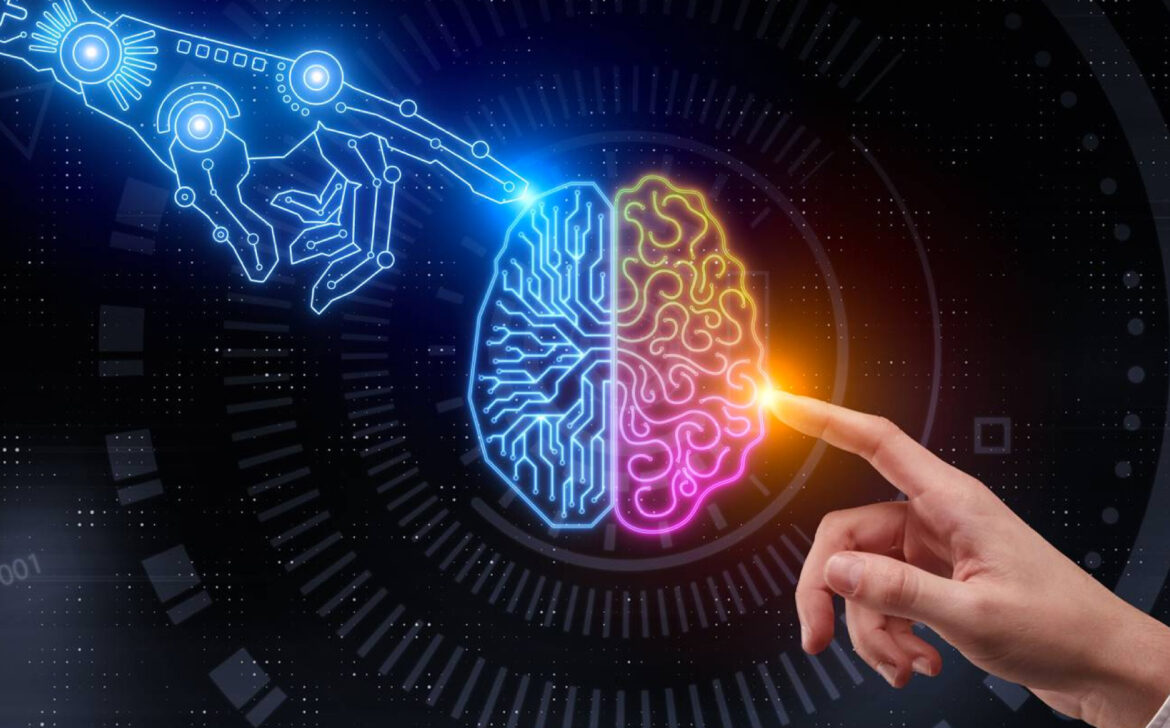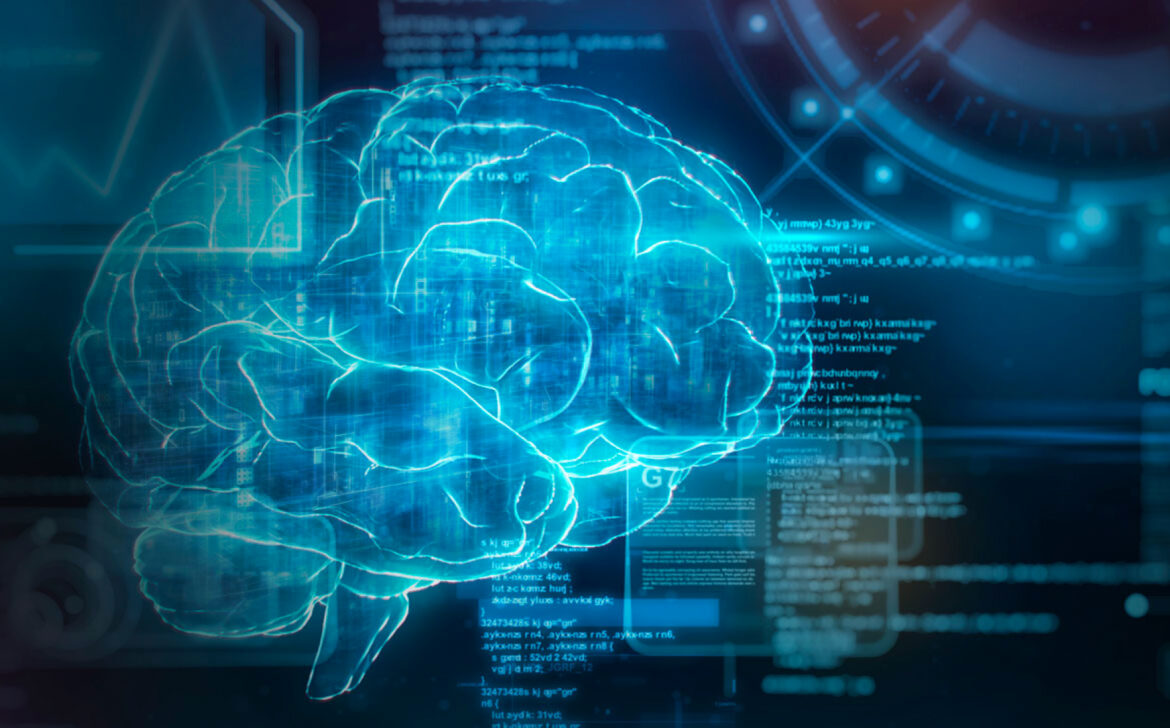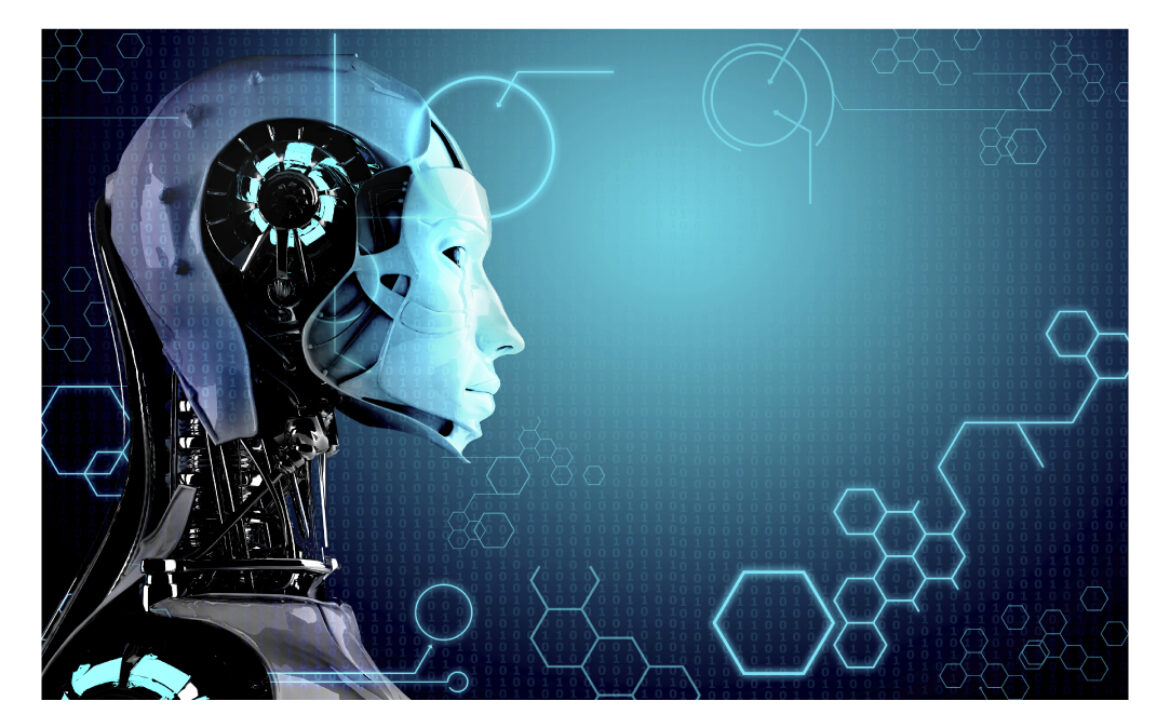Artificial Intelligence And Machine Learning, Cloud Computing Will Be The Most Important Technologies In 2023
With the pandemic of COVID-19, the work culture has dominantly shifted to hybrid work culture. There is a quick acceptance of important technologies in 2023 like artificial intelligence, machine learning, and cloud computing seems to be some of the best important technologies by the coming year. Stats prove that there is a quick adoption of smartphones, tablets, sensors, drones, and various multiple devices to track and manage. Due to the global pandemic, there is accelerated adoption of cloud computing, AI, machine learning, and 5G by the technology leaders.
The technology leaders have started utilizing various technologies in our day-to-day life like telemedicine, remote learning and education, remote learning and education, entertainment, sports, and live event streaming, manufacturing and assembly and in various fields. The implementation of these smart building technologies brings up the benefits of sustainability, energy savings to become a major option for their selection.
In addition to the 5G, the technology leaders have started utilizing these technology trends in 2023 to improvise the living standards:
1. Farming and agriculture
2. Manufacturing industries, factories
3. Transportation and traffic control
4. Remote learning and education
5. Personal and professional day-to-day communications’
6. Entertainment, sports, and live streaming of events
7. Remote surgery and health record transmissions
Future Technology in 2023
The shift from close meetings to hybrid workforce
With the impact of COVID-19, the technology leaders agree that their team is working closely with the human resources leaders for the implementation of workplace technologies and apps for office check-ins, employee productivity, engagement, and mental health care. The technology leaders have started maintaining strong cybersecurity for a hybrid workforce of remote and in-office workers.
Cyber security
Cyber security seems to be one of the top emerging trends in 2023 related to the mobile and hybrid workforce by utilizing their own devices and cloud vulnerability. Drones are the latest invention designed for security, threat prevention, and surveillance as part of their business model. Stats prove that Brazil, China, India, and the US are some of the states where the utilization of drones is increasing.
An open-source distributed database utilized cryptography with the help of a distributed ledger. As in addition, blockchain- an upcoming future trend in 2023 enables trust among various individuals and third parties. Let’s dig into some of the uses of blockchain technology:
Machine-to-machine interaction became hassle-free in the Internet of Things.
Shipment tracking and contactless digital transactions
Connecting parties securement within a specified ecosystem.
Rise in robots
The next important technology-related change which has been experienced is the rise of robots and stats prove that around 77% state that robots will be utilized to enhance every business sector including sales, human resources, marketing, and IT. Manufacturing and assembly, hospital and patient care. earth and space exploration are some of the sectors where the utilization of robots is going to be increased.
Utilization of HR collaboration at its best!
With the onset of the pandemic, the future technological innovations made the technology leaders start involving various workplace technologies for human resources collaboration. Various companies are involving workplace technologies and apps for office check-in, space usage data, and analytics, COVID and health protocols, enhancing employee productivity, mental health, and engagement.
It’s quite challenging to maintain cybersecurity for a hybrid workforce or remote and in-office workers to be viewed upon. The companies have started to decide the various preventive measures in the post-pandemic future.
The Concluding thoughts
Which next big technology breakthrough is going to last forever? Well, the answer is not definite. The pandemic has accelerated various technologies like as-a-service solutions for artificial intelligence, extended reality(augmented, virtual and mixed reality), robotics, machine learning, and various technologies. The technologies are making a powerful impact most on these marketing applications and make them more engaging.










